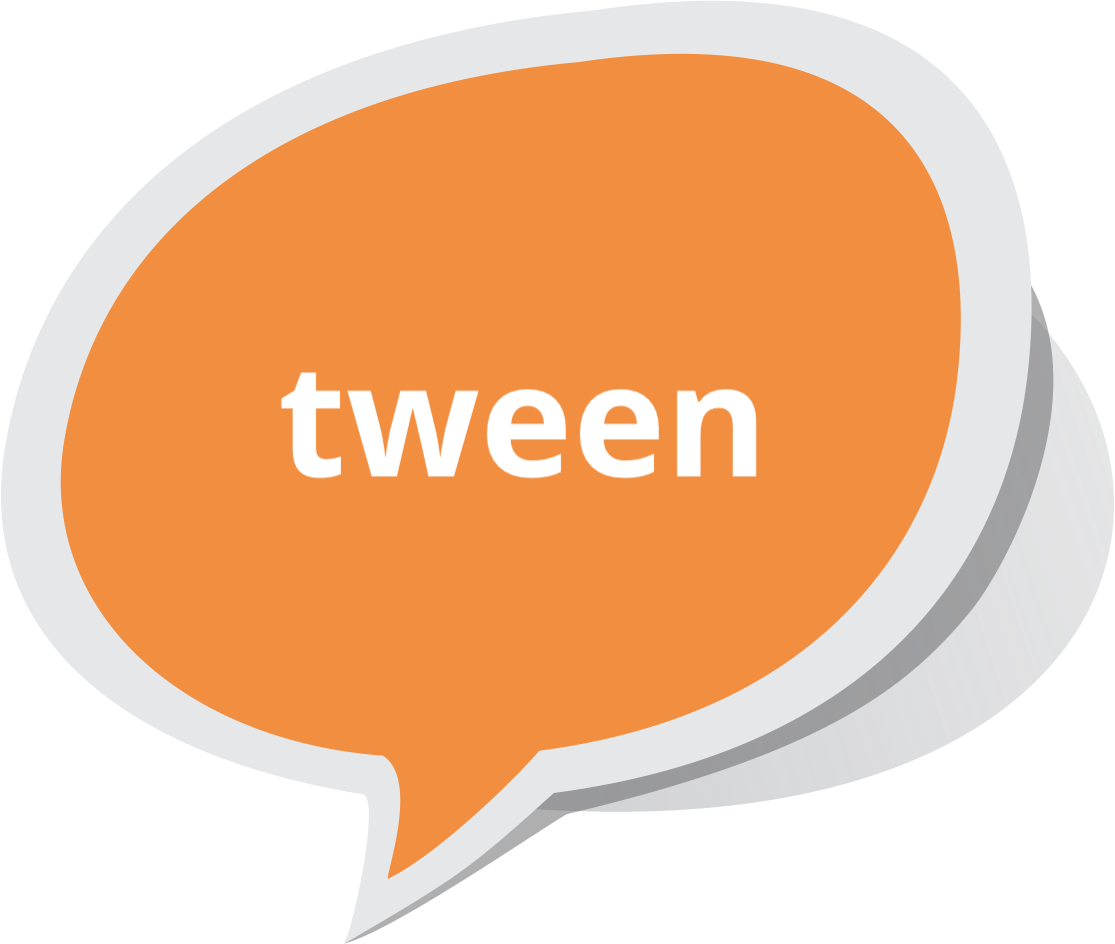Script: Pressures for Girls to be Hot

You are shopping with your tween and she comes out of the dressing room with a very revealing dress on. When you see it, try to keep a neutral tone of voice and body language. Start the conversation by asking an open-ended question: “What do you think about this dress?”
“I love it!”


Use a double-sided reflection with ‘and’ between the two statements. This type of reflection allows your tween to feel heard, and you to express your feelings about the dress: “This dress is what you are looking for and not what I was hoping you would find to wear to the dance.”
“This is what everyone is wearing!”


Try not to respond to this dramatic statement, and instead reflect your concerns about the choice: “It is very short and doesn’t have much covering your top.”
“Well, I don’t want to look like a kid!”


Empathize with your tween’s feelings: “I can understand why you want this type of dress, and I do get that most of your friends are dressing like this. And this makes me mad – the fashion industry puts so much pressure on girls to look a certain way, and I’m not sure that this is who you or your friends really are. Isn’t it interesting that when boys go out they are fully clothed? What do you think that’s about?”
“Yeah. I’ve never thought of it like that before. My guy friends seem to always wear more comfortable clothes.”


Ask an open-ended question: “What are your ‘must haves’ in a dress?”
“I don’t know, I don’t want a long dress.”


Use a reflection to let your tween know you heard them and to encourage them to continue the discussion: “You want a short dress.”
“Yes, and not too big.”


Reflect what they are saying and what a difficult position they are in: “It can be really tough to find that balance between looking like your friends, but finding something that reflects more of who you are.”
“I’m not a ‘slut’ just because I wear a certain dress.”


Respond with affirmation, and ask them to consider an alternative approach: “Of course you aren’t! If you could wear a dress that made you feel good and at the same time feel comfortable – just like the guys have an opportunity to feel comfortable – what would it look like?”
“I just want to wear what everyone else does and not look like a kid.”


Reflect what your tween is sharing with you: “OK, it’s important for you to have a dress that makes you feel good.” Offer a suggestion: “Part of feeling comfortable and relaxed is not being super-conscious of having to pull it down all night. Let’s put this dress on hold and continue to look for some others that you might like.” Suggesting ‘comfortable and relaxed’ and providing your tween the opportunity to hold this dress, may encourage her to be more open to looking for more.
responding to resistance from tweens

Using the same scenario, perhaps your tween becomes defensive when you suggest: “This dress is what you are looking for and not what I was hoping you would find to wear to the dance.” You may be faced with dealing with sharp rebuttals.
“I knew you wouldn’t like it!”

OR PERHAPS
“You just want me to look like a little kid forever!”


Empathize with your tween’s feelings: “It can be frustrating when you want a certain type of dress and I would like you to choose something different.”
Continue with the same educational process as above, about how the fashion industry puts pressure on girls to conform.
“You’re always trying to control me. You are so annoying.”


Use an amplified reflection, and be careful not to include sarcasm: “I really don’t want to be annoying, but I’m wondering if there are other dresses we could find that you would like?”
“I don’t know.”


This is a very difficult conversation because both tween and parent have a fair argument. Your tween is being socialized by the culture into looking “hot” as a way to be visible, and they are also developmentally primed to conform. There may not be any easy resolution to this discussion. If your tween absolutely insists on this dress, it may be a case in which you need to let them get their way. This will still have been a teachable moment that you can build upon next time.